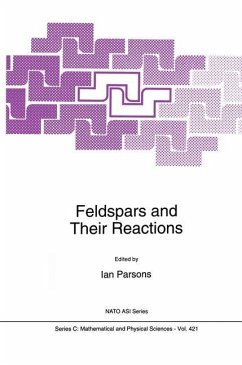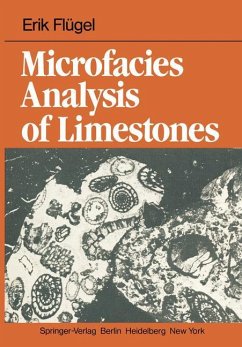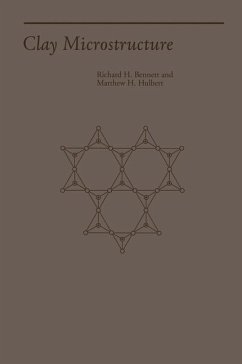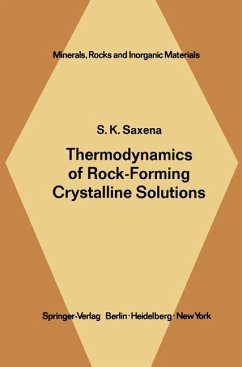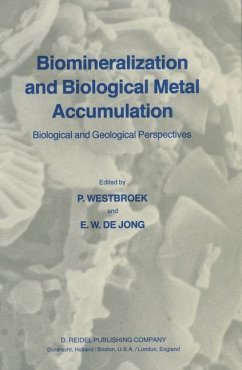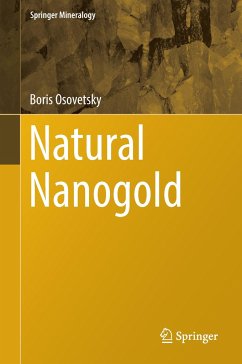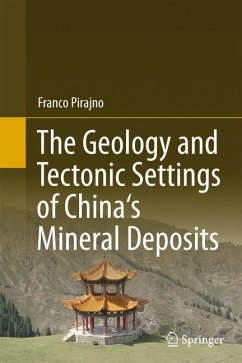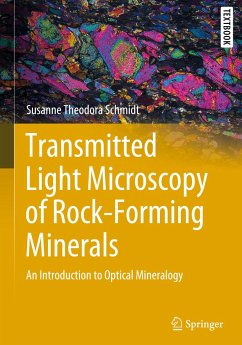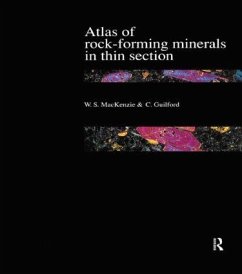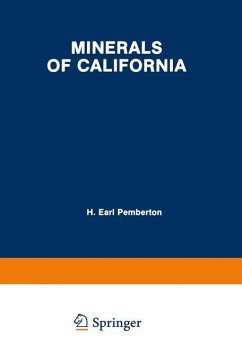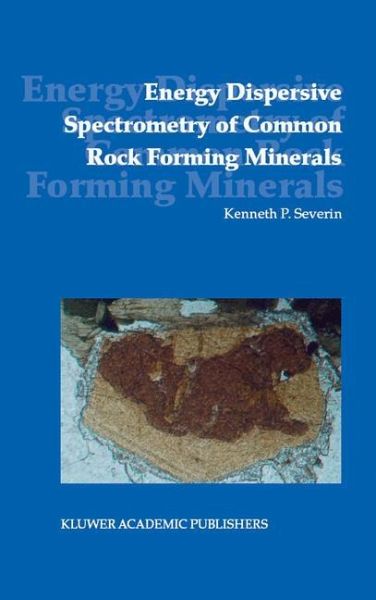
Energy Dispersive Spectrometry of Common Rock Forming Minerals
Versandkostenfrei!
Versandfertig in 6-10 Tagen
113,99 €
inkl. MwSt.

PAYBACK Punkte
57 °P sammeln!
"This book came about because of my poor memory: it is amazing how quickly and easily an experienced electron microscopist/mineralogist can identify minerals with an Energy Dispersive Spectrometer (EDS). It is also amazing how long it takes someone who is not good at mineralogy to search through a mineralogy text, trying to match the peaks on their unknown spectrum with the chemical formula of some mineral. After the mineral is finally identified, it is easy to identify other specimens of similar composition as EDS spectra have very distinctive patterns. For me, however, as I move between proj...
"This book came about because of my poor memory: it is amazing how quickly and easily an experienced electron microscopist/mineralogist can identify minerals with an Energy Dispersive Spectrometer (EDS). It is also amazing how long it takes someone who is not good at mineralogy to search through a mineralogy text, trying to match the peaks on their unknown spectrum with the chemical formula of some mineral. After the mineral is finally identified, it is easy to identify other specimens of similar composition as EDS spectra have very distinctive patterns. For me, however, as I move between projects, it is easy to forget the patterns. After several episodes of having to relearn the spectra of some all too common rock forming minerals, I decided that a book of EDS 'flashcards' would be useful - a catalogue of the minerals that are commonly found in rocks. In addition, why not make a key? This would save a fair amount of time for those who are less experienced mineralogists, but,for whatever reason, use an Energy Dispersive Spectrometer to identify minerals."
Ken Severin
Providing a very basic introduction to Electron Microscopy and Energy Dispersive Spectrometry, the book's importance lies in its containing the largest compiled collection of EDS spectra ever published, covering most rock forming minerals.
Audience: An easy-to-use reference tool for all scientists and researchers using Energy Dispersive Spectrometry for identification of minerals.
Student suitability: useful supplemental material for any geologically oriented electron microscopy or electron microprobe class.
Ken Severin
Providing a very basic introduction to Electron Microscopy and Energy Dispersive Spectrometry, the book's importance lies in its containing the largest compiled collection of EDS spectra ever published, covering most rock forming minerals.
Audience: An easy-to-use reference tool for all scientists and researchers using Energy Dispersive Spectrometry for identification of minerals.
Student suitability: useful supplemental material for any geologically oriented electron microscopy or electron microprobe class.





